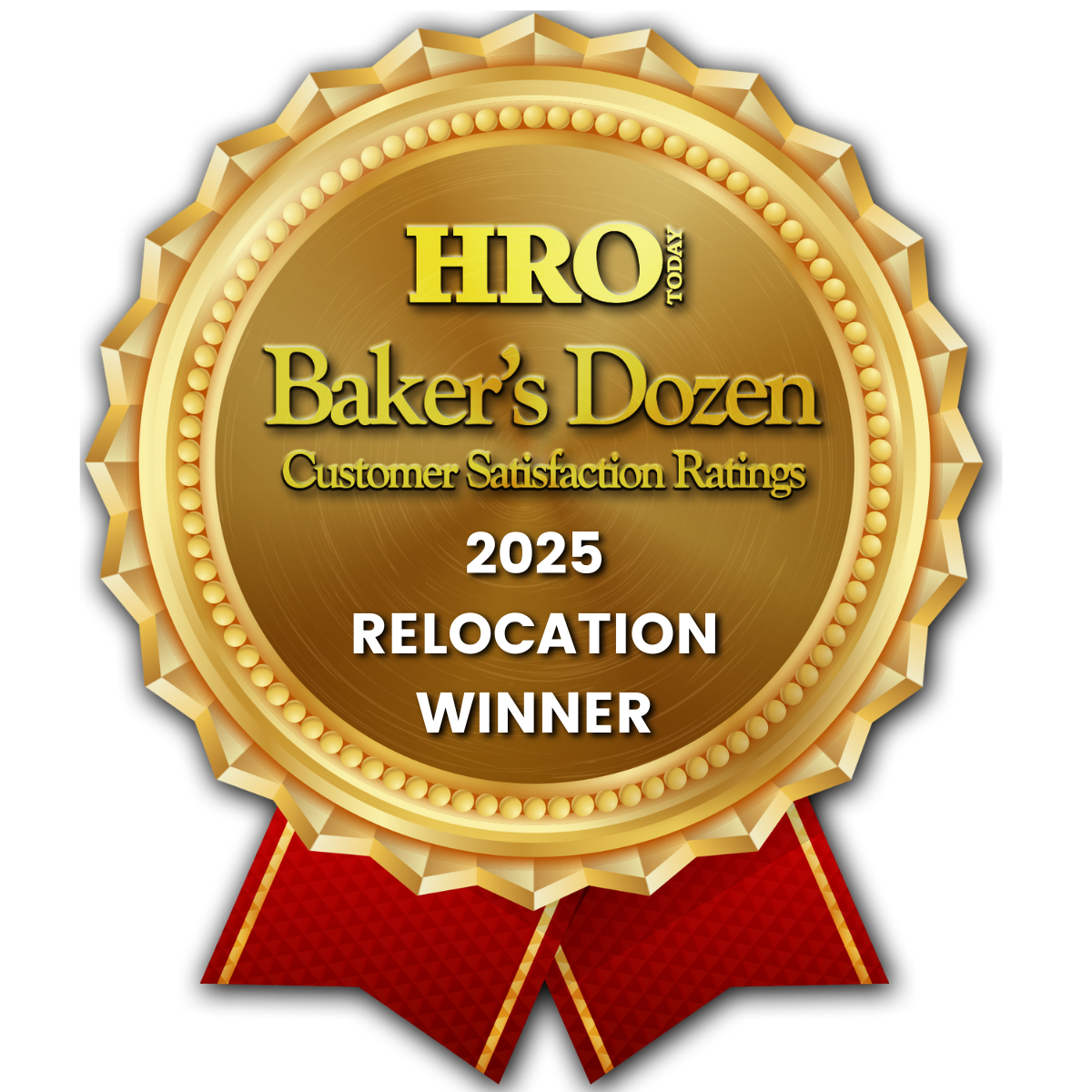Tips for business travel in 2025
As businesses expand their operations across borders, the need for clear and effective compliance strategies becomes paramount. Business travel compliance refers to the adherence to various laws and regulations governing the movement of employees across international borders. This includes understanding visa requirements, tax implications, and labor laws in different countries.
In recent years, governments worldwide have tightened their immigration policies, leading to increased scrutiny of business travelers. This shift means that even employees with permanent residency or long-term visas are not exempt from compliance checks. Companies must stay informed about the latest regulations in each country where their employees travel. This includes understanding the specific documentation required for business trips, such as work permits or travel authorizations, as well as any other relevant requirements.
To navigate the complexities of business travel compliance, many organizations are turning to technology for support. Compliance management software can help track employee travel, manage documentation, and ensure that all necessary permits are in place. Additionally, these tools can provide real-time updates on changing regulations, allowing global mobility teams to respond quickly to new requirements.
A robust compliance strategy also involves educating employees about their responsibilities when traveling for work. Global mobility teams should implement training programs that cover essential topics, including visa applications, tax obligations, and local laws and regulations. By fostering a culture of compliance, organizations can minimize risks and ensure that employees are well-prepared for their international assignments.
Business Travel Has to Stay Organized
Establishing a clear compliance framework is crucial for effectively managing business travel. This framework should outline the processes for obtaining necessary documentation, tracking employee travel, and ensuring adherence to local laws. Regularly reviewing and updating this framework will help organizations stay ahead of regulatory changes.
Engaging with legal and tax professionals who specialize in international business travel can provide valuable insights and guidance. These experts can help identify potential compliance risks and recommend strategies to mitigate them. Collaboration ensures that global mobility teams have access to the latest information and best practices.
Encouraging open communication between global mobility teams, HR, and employees is crucial for successful compliance. Establishing clear channels for reporting issues or seeking guidance can help address compliance challenges promptly and effectively. Regular check-ins and updates can also keep everyone informed about changes in regulations or company policies, ensuring everyone is aware of the latest developments.
Why Business Travel Compliance is a Growing Concern
As the business travel landscape continues to evolve, compliance will remain a critical focus for global mobility teams. By understanding the complexities of international regulations, leveraging technology, and fostering a culture of compliance, organizations can ensure smooth travel experiences for their employees. Preparing for the future of business travel compliance is not just about meeting legal requirements; it’s about enabling a global workforce to thrive in an increasingly interconnected world.
Who is Impacted?
In this dynamic environment, several key groups are particularly impacted by compliance challenges.
Foreign Nationals on Temporary Work Visas: Employees on temporary work visas, such as H-1B or L-1, must navigate a complex web of immigration laws and regulations. These individuals often face restrictions on their travel, which can complicate business trips and meetings. Organizations must ensure that these employees are aware of their rights and obligations, as well as any potential implications of their travel on their visa status.
Green Card Holders and Permanent Residents: While green card holders enjoy more stability than temporary visa holders, they must still be mindful of compliance issues. Extended travel outside the U.S. can raise questions about their residency status. Companies should guide these employees about maintaining their permanent residency while fulfilling business obligations abroad.
Business Travelers with Dual Intent: Employees who hold dual citizenship or have complex travel histories may encounter unique compliance challenges. These individuals must be aware of the regulations governing their travel in different jurisdictions. Organizations should provide resources and support to help these employees navigate the complexities of international travel, ensuring they remain compliant with both their home country’s laws and those of the host country.
Organizations Seeking Compliance: Companies themselves are also significantly impacted by compliance requirements. Failing to adhere to international regulations can lead to severe penalties, including fines and reputational damage. To mitigate these risks, organizations should invest in robust compliance training programs, utilize technology to track employee travel, and establish clear policies that align with global regulations.
In conclusion, as the business travel landscape continues to change, understanding and addressing the compliance needs of all stakeholders is essential. By fostering a culture of awareness and support, organizations can empower their employees to travel confidently and compliantly, ultimately enhancing their global mobility strategy.
The Role of Global Mobility Providers
Global Mobility Services (GMS) play a crucial role in helping organizations navigate the complexities of travel compliance. By offering expert guidance and tailored solutions, GMS providers enable businesses to focus on their core operations while remaining compliant with international regulations.
GMS providers offer a wealth of knowledge and resources to help organizations understand the intricacies of travel compliance. They assist in identifying the specific regulations that apply to different regions and industries, ensuring that companies are well-informed about their obligations. This support includes regular updates on changes in laws and regulations, helping businesses stay ahead of potential compliance issues.
We're Here to Help! Request a Courtesy Visa Program Consultation
Properly managing a visa and immigration program involves meticulous coordination, precise communication, and worldwide interaction with government agencies, corporate personnel, and relocating employees.
At GMS, we provide you with peace of mind in knowing your mobility program is fully compliant and being managed by the best in the industry.
Request a no-pressure, courtesy consultation from a GMS Mobility Pro. We’ll be in touch within 1 business day.










